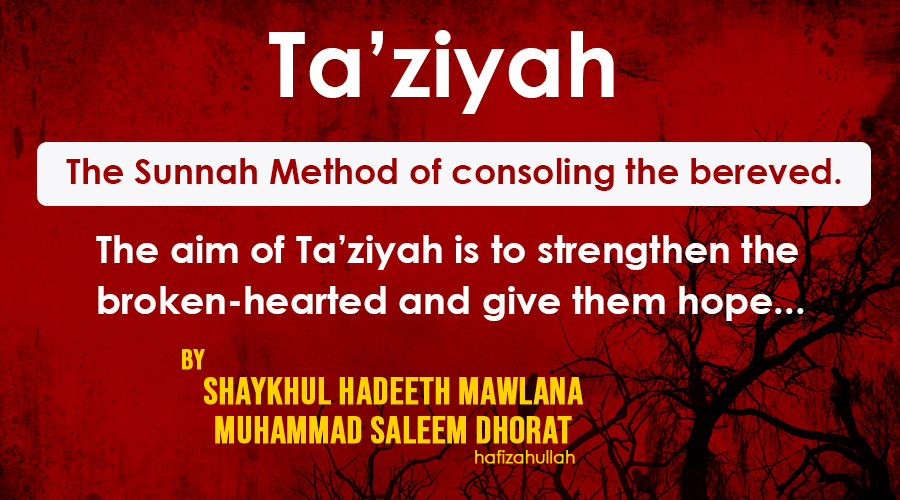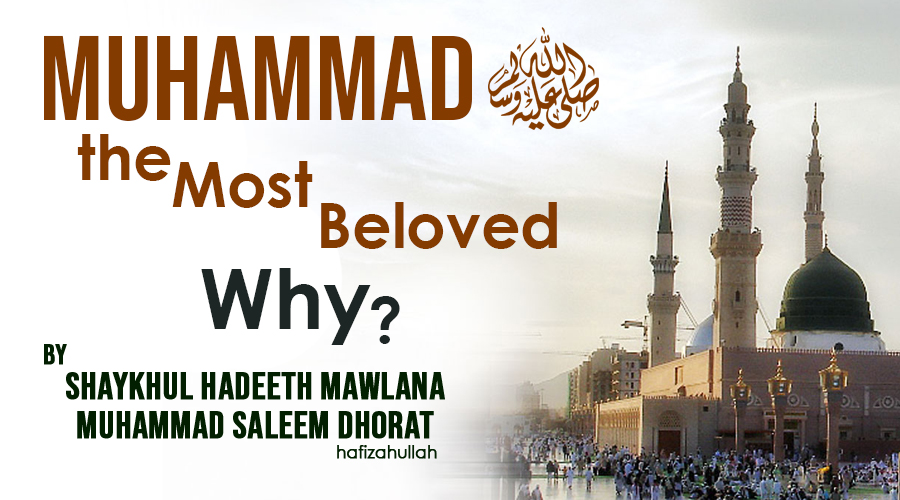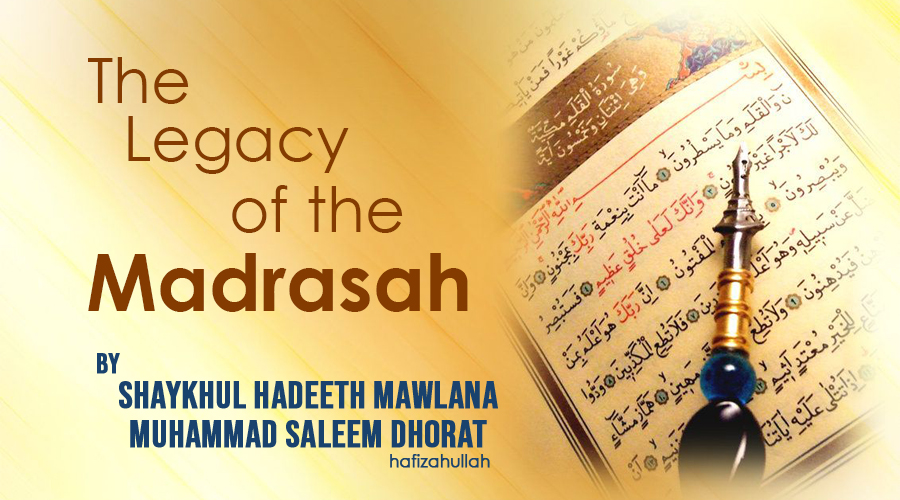The Transformative Impact of Mawlana Safwan Ahmed and Al Huda Academy Bolton on Community, Education, and Faith
Introduction – Who is Mawlana Safwan Ahmed?
- Born in 1982 and raised in Bolton, Mawlana Safwan Ahmed is a respected Islamic scholar known for his long-standing service to faith, education, and community.
- He is the founder of Al Huda Academy, Bolton, an institution that has grown from humble beginnings into a trusted centre for Qur’anic memorisation, Islamic studies, and community services.
- Recognised for his ability to connect traditional Islamic scholarship with the needs of modern society, Mawlana Safwan Ahmed is also the driving force behind Eternal Aid, a charity that provides humanitarian support to people in need across the world.
- Many know him by different variations of his name, including Mawlana Shafwan Ahmed or Shafwan Ahmed, especially online and within different cultural communities.
Understanding the Modern Needs of the Muslim Community
- Many Muslim families today face complex challenges — from preserving faith in a secular environment to supporting children’s emotional wellbeing and identity.
- There is also a growing need for faith-based education that is both spiritually grounding and academically balanced.
- At the same time, mental health awareness has become more important, especially among youth who may feel isolated or misunderstood.
The Rise in Mental Health Challenges
- Young Muslims today deal with pressure from school, social media, and cultural expectations.
- Mawlana Safwan Ahmed has recognised these struggles and created safe, faith-aligned spaces where young people can talk, heal, and grow.
- This includes emotional mentoring, private counselling, and youth workshops at Al Huda Academy and local masjids.
Bridging the Gap with Tailored Services
- Not all Islamic institutions address the emotional and social struggles of students or community members.
- Al Huda’s unique approach combines spiritual guidance with mental wellbeing support, ensuring that no one feels left behind — whether they’re a child, parent, new Muslim, or long-time believer.
Educational Leadership through Al Huda Academy Bolton
- Al Huda Academy Bolton stands as a beacon of high-quality, structured Islamic education.
- Its services are designed to meet the needs of every age group, from toddlers in nursery to adults seeking deeper Islamic knowledge.
Comprehensive Curriculum for All Ages
- Children can begin their journey at Little Gems Nursery, followed by primary education through Al Huda Independent Islamic Primary School.
- Older students can join daytime or boarding programs for full-time Hifz (Qur’an memorisation) and Alimiyyah (Islamic scholarship) studies.
- Evening programs are also available for children and adults.
“Programs Offered at Al Huda Academy Bolton”
| Age Group | Program Name | Timing | Notes |
| Age 2+ | Little Gems Nursery | Daytime | Early childhood faith focus |
| Reception–Y6 | Al Huda Independent School | Daytime | National + Islamic curriculum |
| Age 5+ Boys & Girls | Evening Maktab & Hifz | 5pm–7:30pm | Qur’an and Islamic studies |
| Age 10+ Girls | Become a Hafizah | Evening | Girls Qur’an memorisation |
| Age 16+ Women | Adult Sisters’ Qur’an Classes | Various | Female adult learners welcome |
| Age 16+ | Full-Time Hifz/Alimiyyah (Boarding) | 8am–8pm | Structured Islamic education |
Women’s Empowerment and Female Islamic Scholarship
- Mawlana Safwan Ahmed has prioritised inclusive learning by establishing classes just for girls and adult sisters.
- These programs go beyond basic education — they offer leadership training, religious depth, and a space where women can thrive as scholars and community figures.
Alumni Success and Community Contributions
- Former students of Al Huda have gone on to become teachers, scholars, charity organisers, and professionals who uplift their communities with knowledge and integrity.
- Their success reflects the strength of the curriculum and the spiritual nurturing they received.
“Ways Al Huda Academy Alumni Give Back to the Community”
- Leading youth circles and study groups in local masjids
- Umrah group trips for the youngsters
- Teaching Qur’an and Islamic Studies in the UK and abroad
- Volunteering for humanitarian efforts through Eternal Aid
- Becoming role models for younger generations
Addressing Emotional and Mental Wellbeing through Faith
- Many members of the Muslim community, especially youth, silently struggle with feelings of anxiety, stress, or low confidence.
- Mawlana Safwan Ahmed has responded with a compassionate, faith-led approach to mental health and emotional resilience.
Faith-Based Mental Health Support
- Through structured youth workshops, private one-on-one counselling, and group spiritual mentorship, students are taught how to manage emotional hardship in light of Islamic teachings.
- Topics covered include:
- Overcoming loneliness and isolation
- Managing stress from school or home environments
- Finding meaning and inner peace through faith
A Holistic Support Model for Families
- Rather than separating religion from emotional wellbeing, Al Huda Academy teaches that the two are deeply connected.
- Students learn to:
- Recognise signs of emotional struggle
- Seek help without shame
- Build supportive peer and family relationships
- Use Qur’anic stories and Prophetic examples as coping tools
This integration makes faith practical, relatable, and healing—especially for teenagers and young adults seeking clarity in uncertain times.
Outreach Beyond the Walls – Community & Interfaith Engagement
- As an imam and educator, Mawlana Safwan Ahmed strongly believes that Muslims should be active contributors to the wider society.
- Through his leadership, Al Huda Academy and Masjid Ar Rahman have consistently hosted and participated in interfaith and multicultural activities.
Building Social Bridges in Bolton
- Community initiatives include:
- Open Mosque Days for non-Muslims
- Visits from local schools, police, and interfaith groups
- Joint charity drives and clean-up campaigns
Promoting Mutual Respect and Civic Unity
- These initiatives help:
- Break down misconceptions about Islam
- Show young Muslims that their faith is compatible with community harmony
- Build positive relationships with neighbours of all backgrounds
“Timeline of Key Community Engagement Projects Led by Mawlana Safwan Ahmed”
(E.g., 2007 – School Open Day | 2012 – Interfaith Youth Event | 2020 – COVID Relief Drive | 2023 – Mosque Exhibition Tour)
Global Impact Through Islamic Charity – Eternal Aid
- Charity is not an afterthought in Mawlana Safwan Ahmed’s work—it is a core pillar.
- He founded Eternal Aid to channel the UK community’s generosity into lasting, meaningful impact across the Muslim world.
The Founding Vision of Eternal Aid
- Built upon the principles of zakat (obligatory charity) and sadaqah (voluntary giving), Eternal Aid ensures that funds:
- Reach the most vulnerable
- Are distributed transparently
- Create sustainable change rather than short-term fixes
Areas of Ongoing Impact
- Orphan care and schooling
- Monthly food packages for widows and single-parent households
- Clean water systems and sanitation facilities
- Support for underpaid Ulama and local Imams
- Emergency disaster relief (floods, famine, earthquakes)
- Building Masajid & Madrasah in India, poor areas
- Built an Orphanage in Bangladesh housing 144 orphans
“Eternal Aid’s Key Projects by Country and Beneficiaries”
| Country | Type of Project | Beneficiaries |
| India | Orphanages, Food Distribution | 1,200+ children & families |
| Bangladesh | 1600 Water Pumps, Sanitation Units | 900+ households |
On-the-Ground Involvement
- Mawlana Safwan personally travels to oversee these projects—meeting scholars, inspecting aid distribution, and ensuring every penny is accounted for.
- This builds trust and reassures donors that their money reaches those who need it most, efficiently and ethically.
Technology, Da’wah, and the Digital Era
- In an age where attention is online, Mawlana Safwan Ahmed has embraced technology to extend the reach of da’wah (Islamic outreach).
- This ensures that lessons from the Qur’an and Sunnah can reach Muslims anywhere, anytime.
Social Media as a Da’wah Platform
- Al Huda Academy shares:
- Weekly tafsir (Qur’an explanation) sessions
- Youth reminders on identity and purpose
- Live broadcasts of Friday khutbahs and talks
- Community updates and charity campaigns
Benefits for the Modern Muslim
- Families who cannot attend in-person classes can still benefit from:
- Recordings of lessons
- Bite-sized Islamic reflections
- Remote learning for those abroad or homebound
This fusion of traditional scholarship with modern communication tools keeps the message of Islam both authentic and accessible.
Answering Questions, Dispelling Myths
- With the rise of misinformation online, it’s easy for both Muslims and non-Muslims to hold misconceptions about Islamic education and faith-based institutions.
- Mawlana Safwan Ahmed and his team address these concerns directly by providing transparent answers and educational content across platforms.
Frequently Asked Questions from the Community
- What’s the difference between Hifz and Alimiyyah?
- Is Al Huda Academy Bolton open to non-Bolton residents?
- Can girls pursue full Islamic education here?
- How are donations to Eternal Aid used?
Correcting Common Misunderstandings
- Islamic madrasahs only teach Qur’an memorisation — ❌ False. Al Huda combines Islamic sciences, character building, and British values.
- Only men can become Islamic scholars — ❌ False. Al Huda has dedicated tracks for female scholarship.
- Faith-based education isolates students — ❌ False. Al Huda fosters interfaith understanding and community service.
“Top 5 Myths About Al Huda Academy and Faith-Based Schools”
- Islamic education is only about memorisation
- Girls have fewer learning opportunities
- Madrasahs are outdated in modern Britain
- Zakat is not distributed transparently
- Faith and emotional wellbeing can’t be taught together
Practical Guidance for Families and Community Members
- Many parents and community members are inspired by the work of Mawlana Safwan Ahmed — but aren’t sure where to start.
- This section offers practical steps to engage, support, or benefit from Al Huda Academy and Eternal Aid.
How to Enroll Your Child or Join a Program
- Visit the Al Huda Academy Bolton website
- Choose the relevant program (nursery, primary, evening, boarding)
- Fill in the online form or call the admin team
- Arrange a visit or assessment (if required)
Supporting as a Volunteer or Donor
- Join Al Huda’s volunteer network for local events and teaching support
- Set up a monthly donation to Eternal Aid (with full transparency reports)
- Help fund a water pump or an orphan’s education in your name or loved one’s name
Supporting Faith and Mental Health at Home
- Encourage Qur’an reading and reflective conversations with your child
- Don’t ignore signs of anxiety — encourage them to talk to trusted mentors
- Follow Al Huda’s social media channels for daily reminders, stories, and tools
Planning for the Future of Faith and Education
- Mawlana Safwan Ahmed’s vision isn’t limited to the present—it’s about building sustainable structures for future generations.
Expansion Plans for Al Huda Academy
- Introducing new academic modules to complement Islamic studies
- Enhancing teacher training for better classroom experiences
- More online classes and digital da’wah material
Eternal Aid’s Future Roadmap
- Scale orphan care programs across more regions
- Increase regular support for struggling Ulama and rural Imams
- Build long-term infrastructure like clinics, education centres, and wells
A National and Global Model
- The integration of faith, education, service, and outreach makes this a replicable model for other UK cities and Muslim communities around the world.
Final Note
Understanding the journey and impact of Mawlana Safwan Ahmed, Al Huda Academy Bolton, and Eternal Aid offers more than inspiration — it presents a practical example of faith in action.
If you are a parent looking for nurturing Islamic education, a donor seeking transparency, or simply someone looking to reconnect with meaningful, grounded Islamic leadership, this story holds value for you.
We encourage readers to:
- Reflect on their own role in supporting faith-based community growth
- Stay connected with institutions that combine knowledge with compassion
- Seek regulated, trusted Islamic institutions when making educational or charitable decisions
Always ensure that any personal, financial, or religious commitments are made with full understanding and with the advice of qualified professionals. Content like this is meant to guide, not replace, formal consultation or scholarship.



